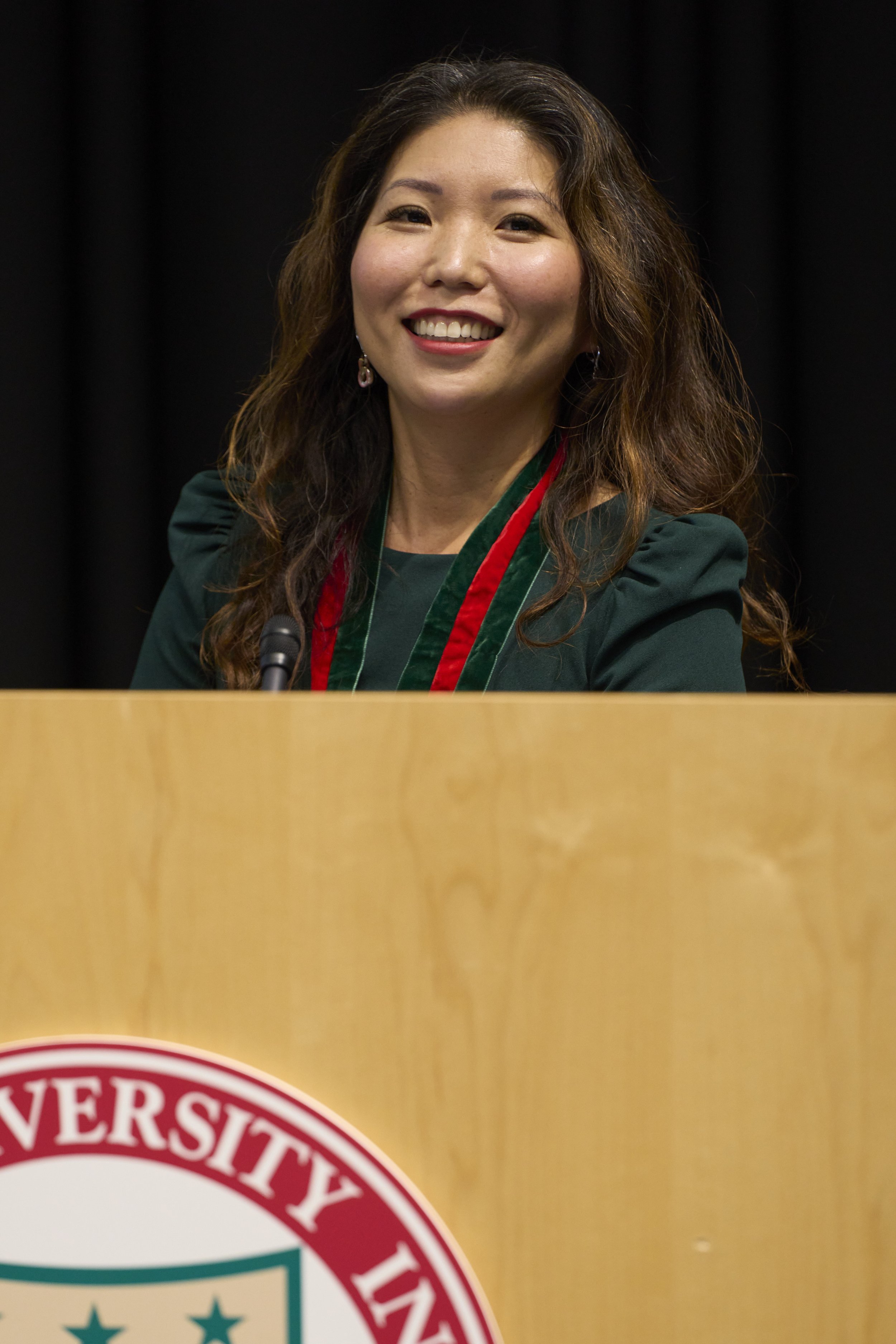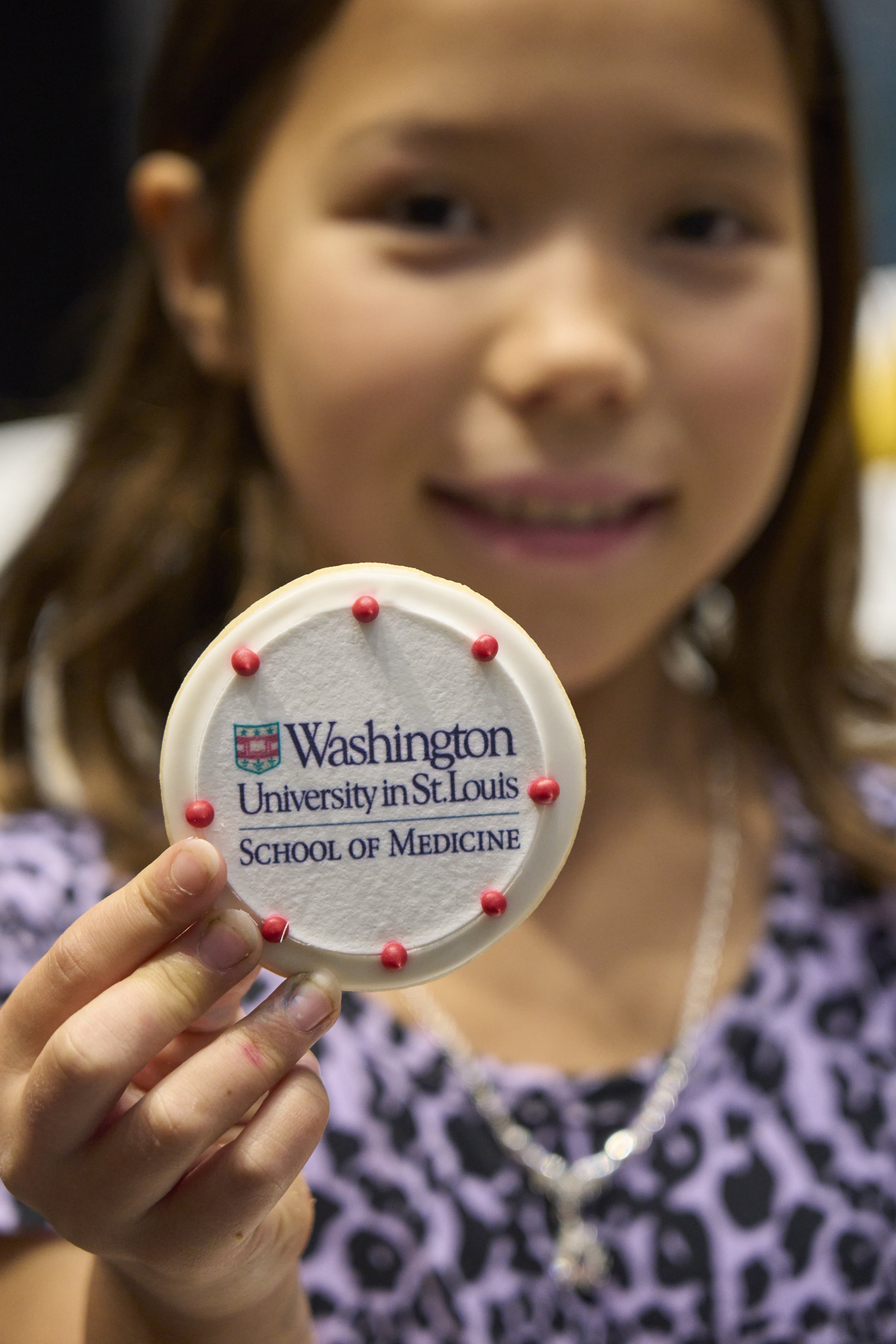Installation of Yo-El Ju, MD as the Barbara Burton and Reuben M. Morriss III Professor at Washington University School of Medicine in St. Louis
NAPS Co-Principal Investigator, Dr. Yo-El Ju, a Professor of Neurology and a physician-scientist studying the relationship of sleep and neurodegenerative diseases, has been named a Barbara Burton and Reuben M. Morriss III Professor at Washington University School of Medicine in St. Louis.
Dr. Ju started working as an Assistant Professor in the Department of Neurology at Washington University School of Medicine in 2011. Sheco-directs the Center on Biological Rhythms and Sleep (COBRAS) and is a member of the Hope Center for Neurological Diseases at Washington University.Clinically, she sees patients at Barnes-Jewish Hospital for parasomnia, narcolepsy, restless legs syndrome, and obstructive sleep apnea.Ju's team has made multiple significant contributions to the field of sleep medicine and neurology in unveiling the complex relationship between sleep, amyloid deposition and neurodegenerative diseases such as Alzheimer's, opening new possibilities for clinical treatment.
Yo-El Ju, MD, named a Barbara Burton and Reuben M. Morriss III Professor at Washington University School of Medicine in St. Louis on September 19, 2023.
Yo-El Ju, MD (second from left) with Aaron Norris, MD, PhD far left, Eric Landsness, MD, PhD center right and Erik Musiek, MD, PhD far right.
Yo-El Ju, MD (center) with Jennifer McLeland, PhD and Leah Taylor.
Yo-El Ju, MD (center) with Dean David H. Perlmutter, MD, and Jin-Moo Lee, MD, PhD.
Yo-El Ju, MD, named a Barbara Burton and Reuben M. Morriss III Professor at Washington University School of Medicine in St. Louis on September 19, 2023.
Yo-El Ju, MD (center) with Rebecca Lynch, Rachel Darken, PhD, MD, Brendan Lucey, MD and Joy Snider, MD, PhD.
The professorship was created through a bequest from the late Reuben M. Morriss III and Barbara Burton Morriss to Washington University, to advance Alzheimer’s disease research.
Dr. Ju’s work with her patients with RBD inspire her to help develop treatments to decrease their risk of developing dementia or Parkinson disease. Through this work in neurology, she was inspired to organize an effort to band together with colleagues at several North American institutions to create the NAPS Consortium.










